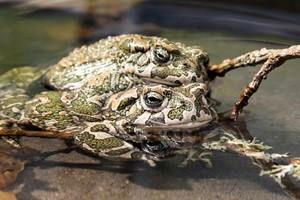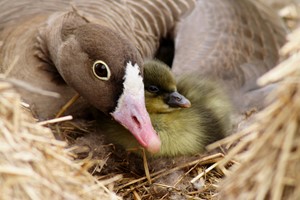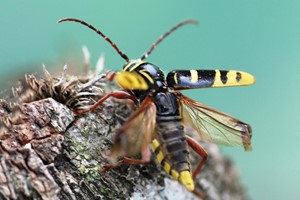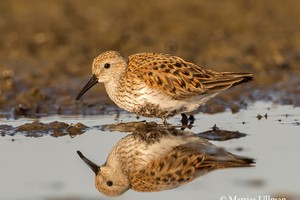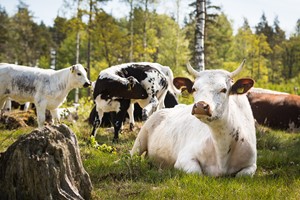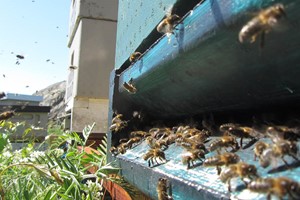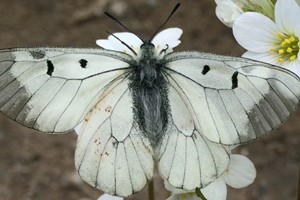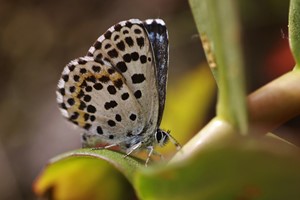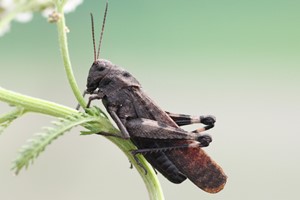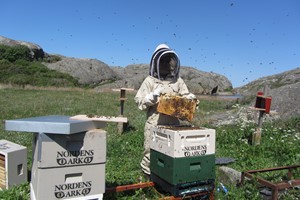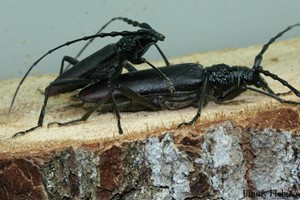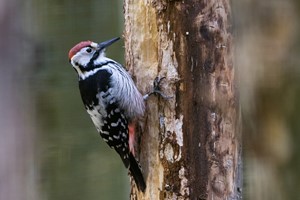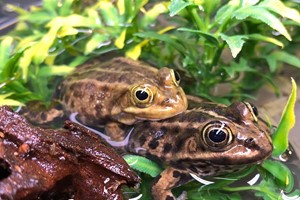Nordens Arks conservations projects
The world’s biodiversity is disappearing at an alarming rate. Our planet is now in the midst of its sixth mass extinction of plants and animals. We are at risk of losing three-quarters of all species in the coming centuries. This is terrifying, especially since humans are the main reason for this shift, but there is still time to reverse this negative trend. Strong actions will be required to create a more sustainable use of the Earth’s natural resources and there is a need to significantly increase conservation efforts for threatened species around the world.
At Nordens Ark the conservation projects form the backbone of our organisation.
Former projects
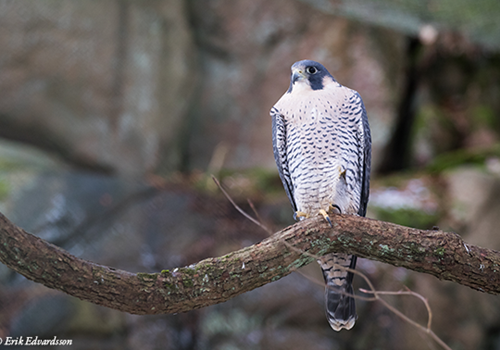
Peregrine falcon - a success story
Since the start of the Peregrine Falcon Project in 1972, the peregrine falcon has gone from being acutely endangered in Sweden with years without a single successful nesting in the wild, to today being classified as near threatened. It is thanks to hard work that the species is now back in the country, proof that conservation work makes a difference!
Peregrine falcon conservation

